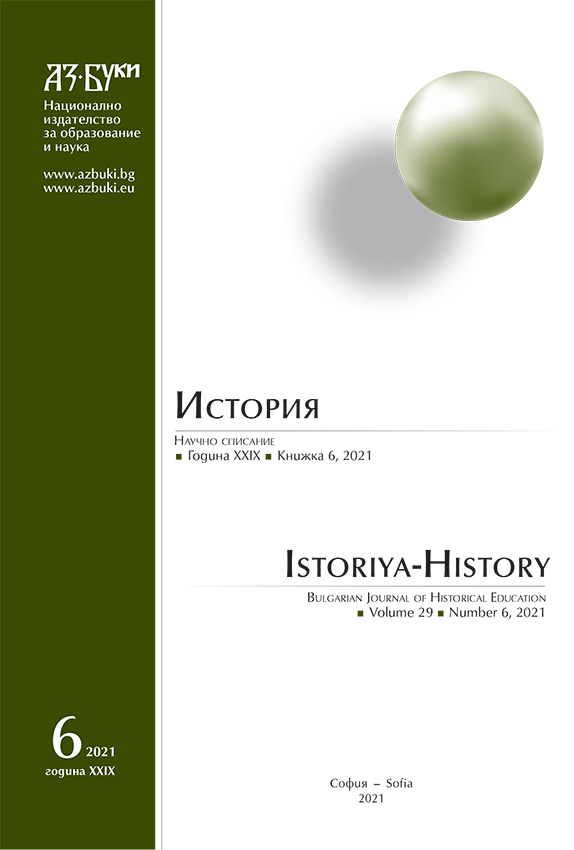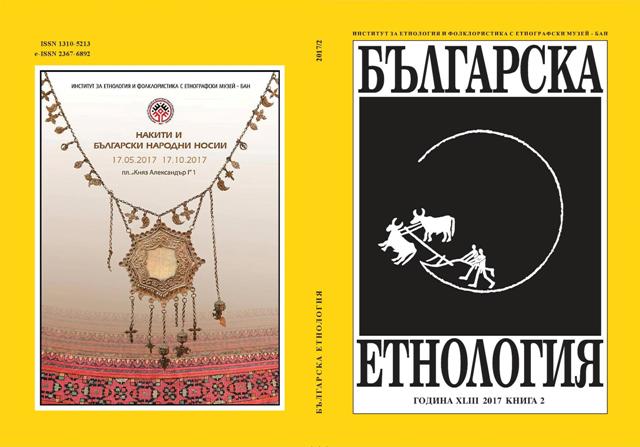
We kindly inform you that, as long as the subject affiliation of our 300.000+ articles is in progress, you might get unsufficient or no results on your third level or second level search. In this case, please broaden your search criteria.



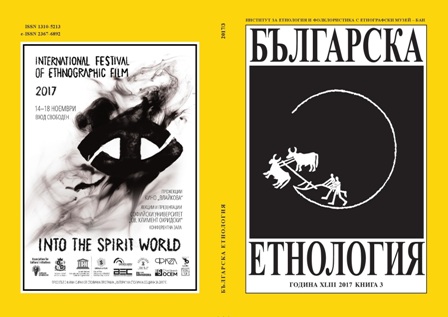
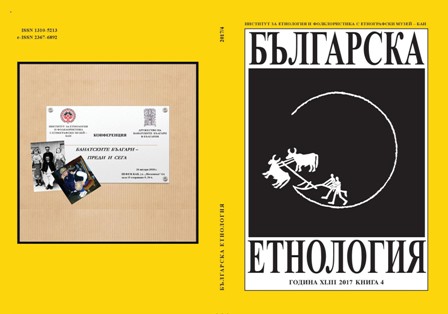
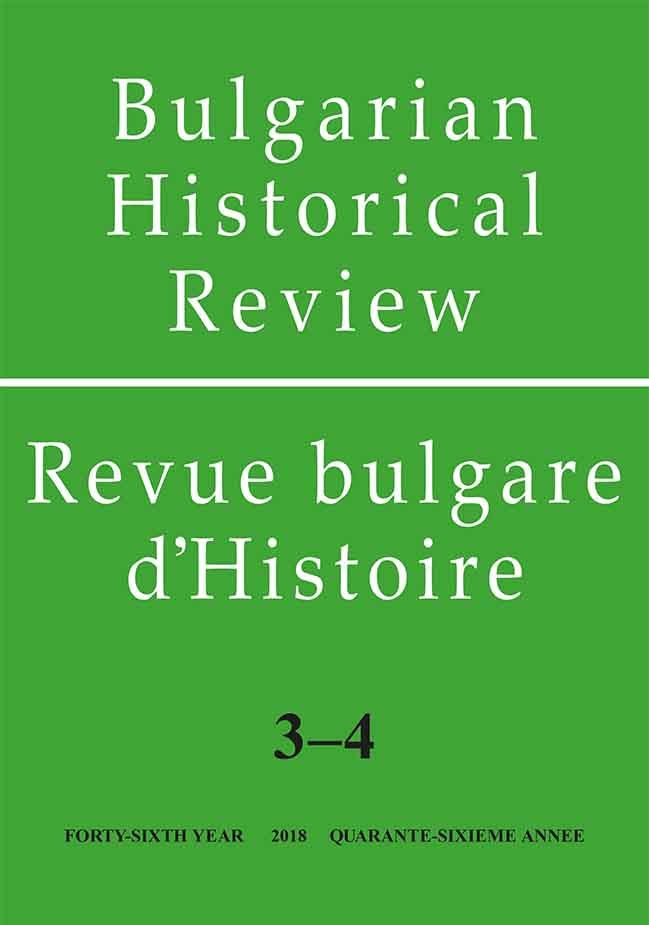
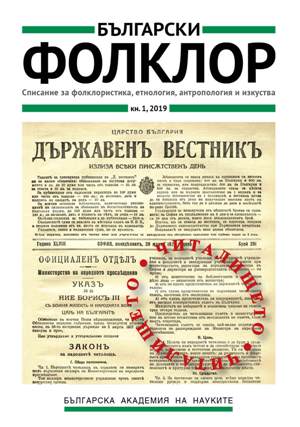
Tabish Khair’s novel, Filming (2007), highlights many deeply vexed issues that are central to any discussion on colonial/postcolonial humanism. The novel presents the film industry of Hindustan and the lives of people associated with this charismatic industry. It also deals with the maltreatment of women and the manner in which their voices are muffled by the male chauvinistic society, thus making them the subaltern that cannot speak, or if they do manage to speak, they are brusquely silenced, because it questions the authority of those in power, and concomitantly tries to reroute the established power relations, and hence these voices and demands are to be viewed as something that deserves immediate disapproval and censorship.
More...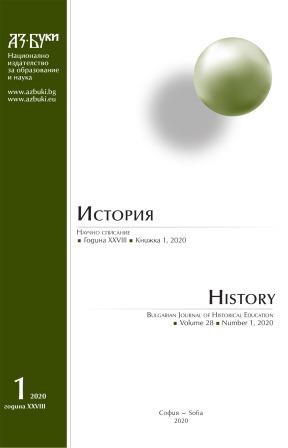
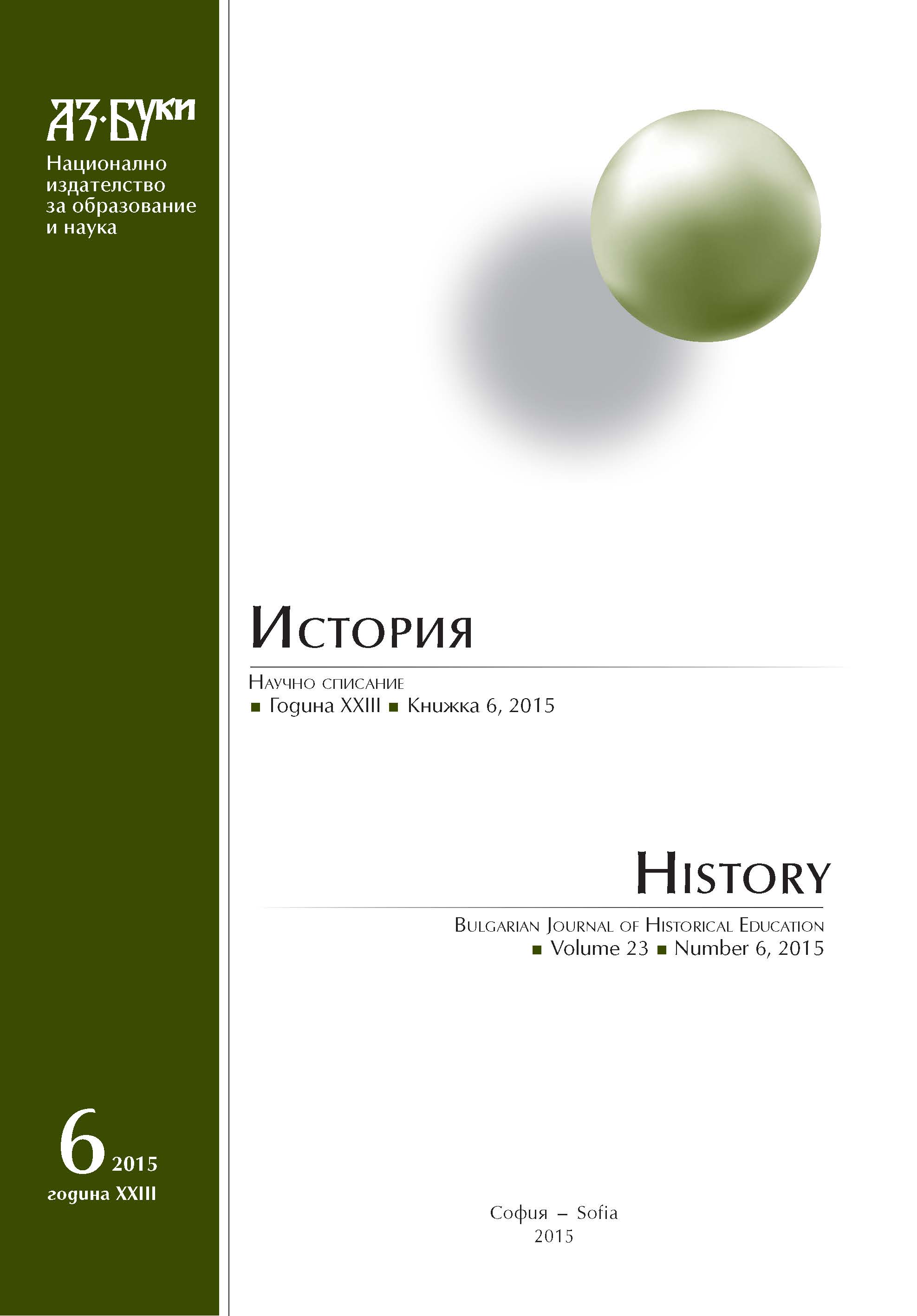
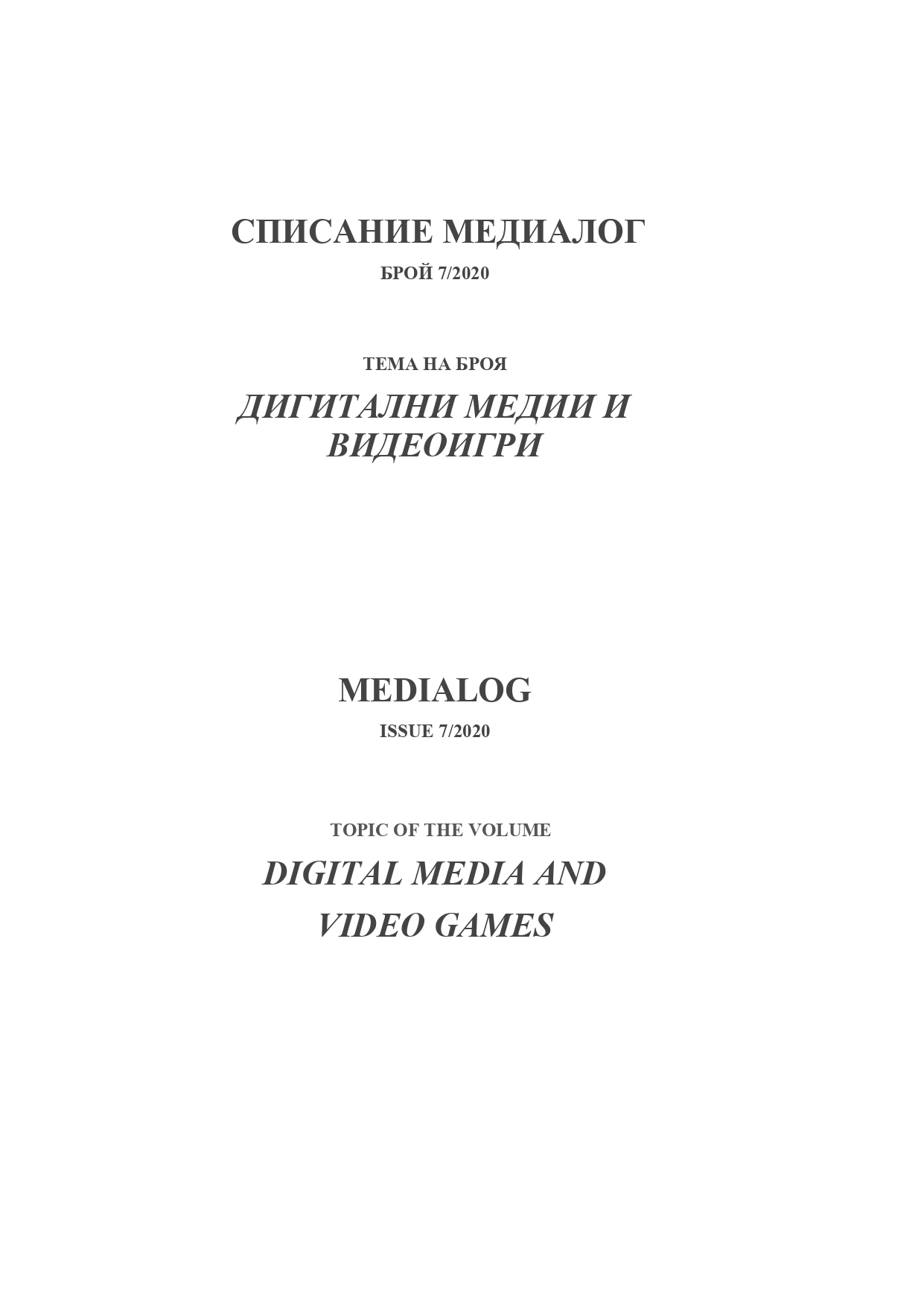
Ralitsa Kovachevs’s new book on international journalism continues the story of how Bulgarian media cover world topics and problems. The author focuses on the opportunities for “getting to know the spatially distant, which is actually very close in time”, provided by professional journalism.
More...
A review of the collection “The Soft power of popular music in media (by examples from Bulgaria and the Balkans”, comp. Lozanka Peicheva. Sofia: “St. Kliment Ohridski” University Press, 2020 (160 p.). The collection is part of research collective’s work on the eponymous scientific project “The soft power of popular music in media (by examples from Bulgaria and the Balkans”, financed by the Bulgarian national science fund.
More...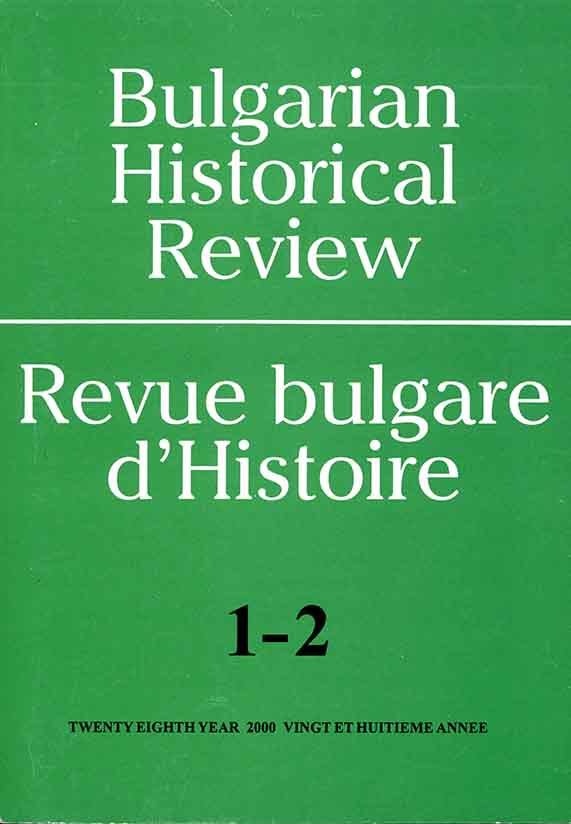
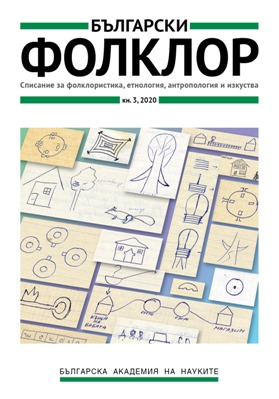
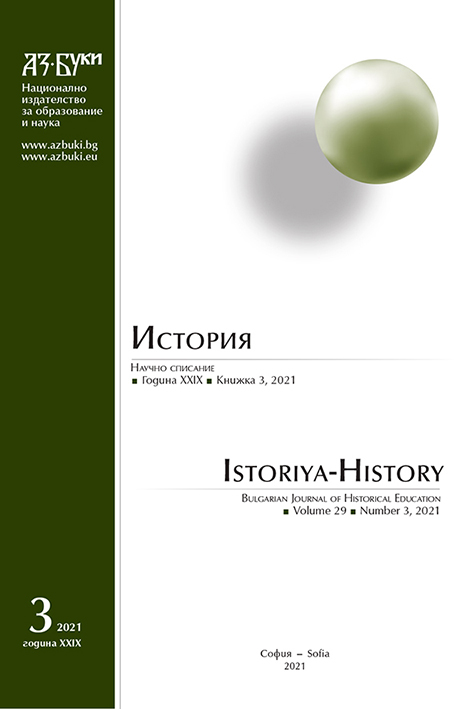
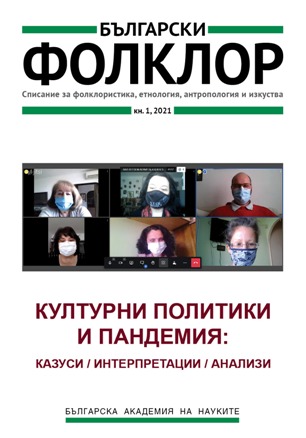

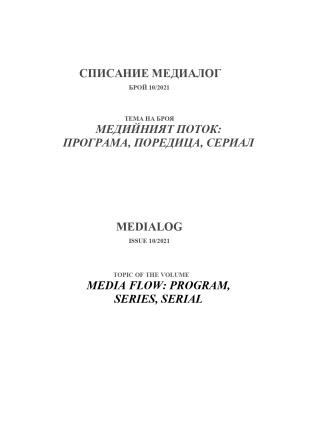
Review of Rosemary Statelova's latest book ‘The Story of a Musicologist’ (Sofia: Riva, 2020). The book, defined as ‘memoir-autobiography’, is not only a biography of Rosemary Statelova, her family and professional environment, but also a biographical history of the packed Bulgarian time in the last 70 years, structured as fragments of memories and texts.
More...